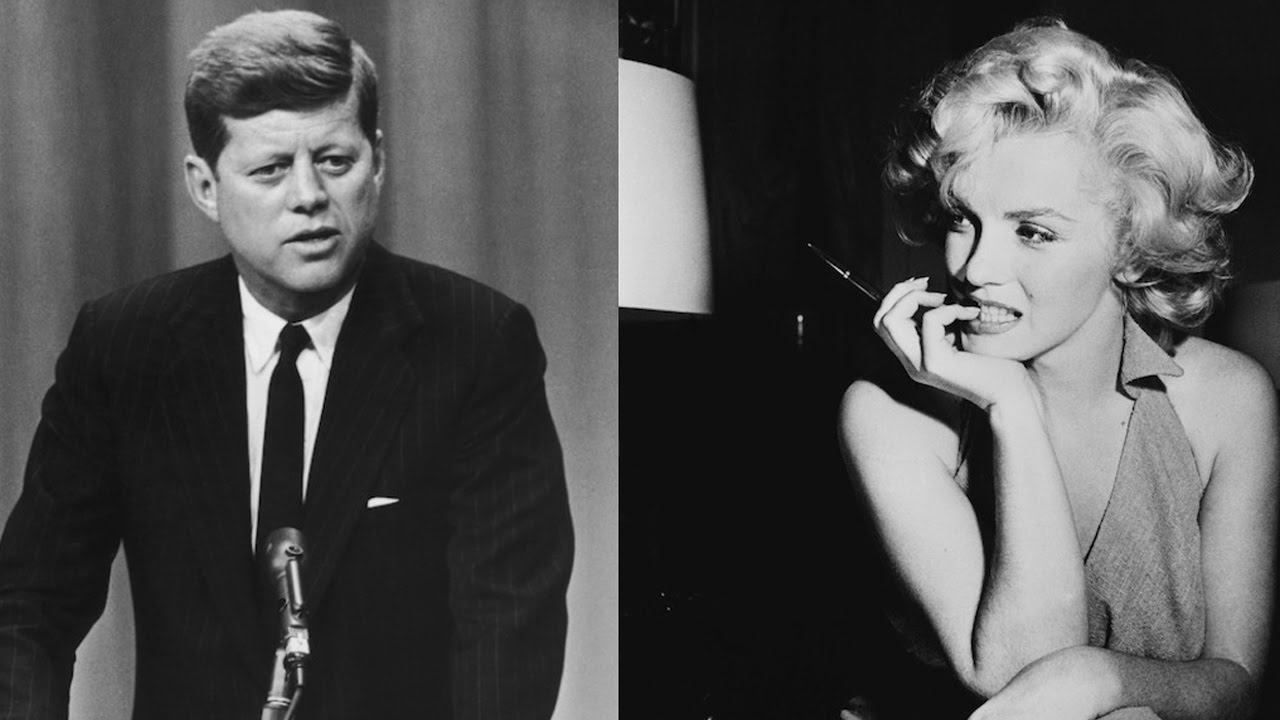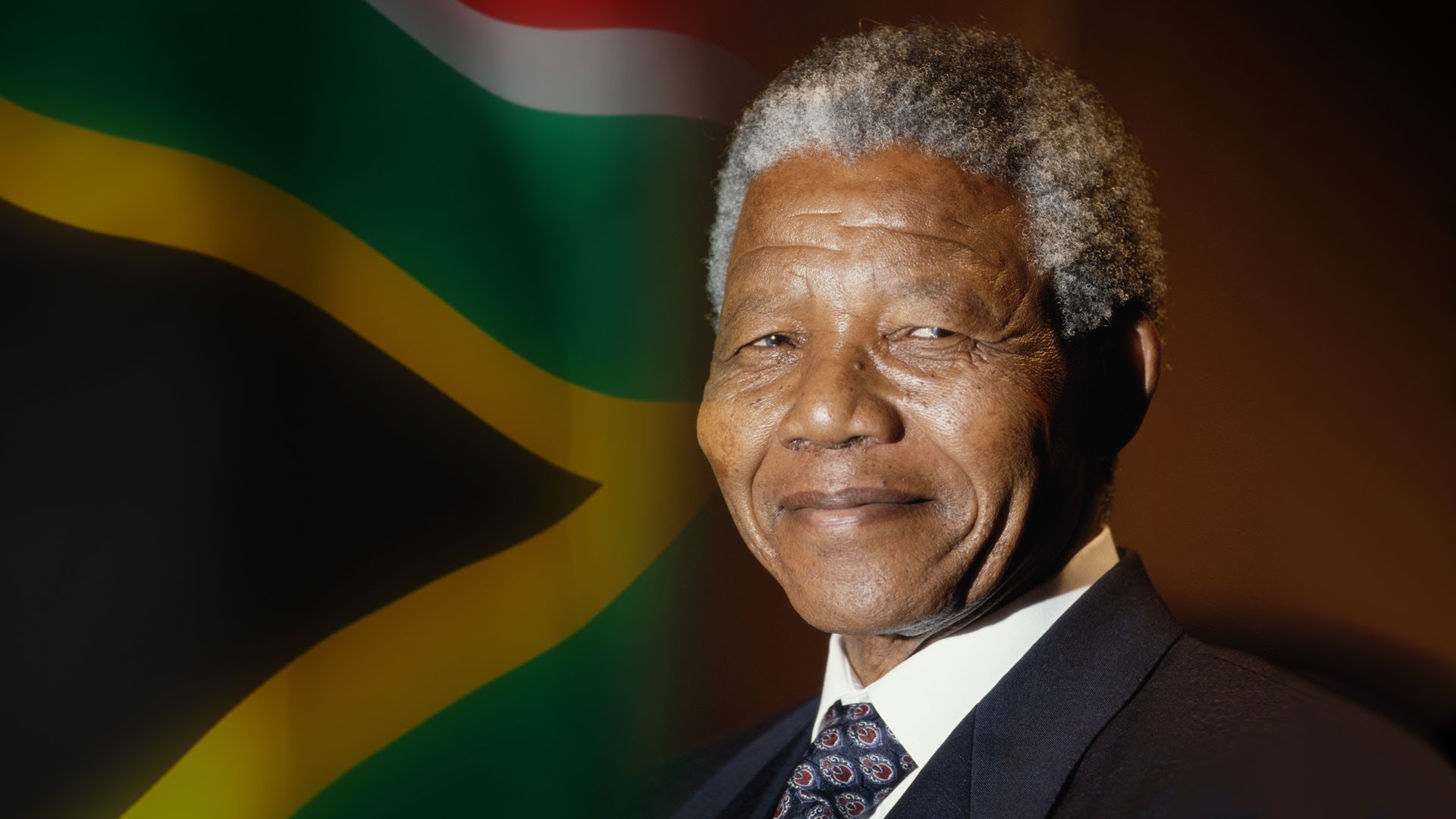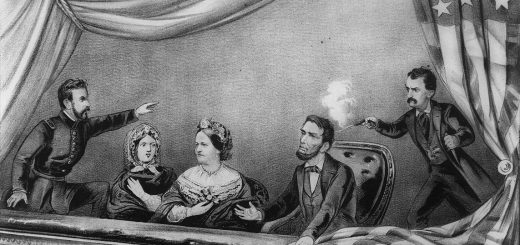Interesting Historical Facts About Political Science
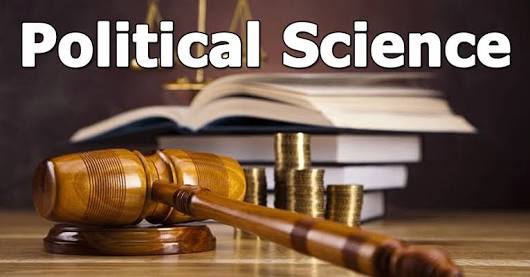
Anyone interested in political science will know that the path to democracy has not always been a smooth one, and that some countries still don’t get it right.
These facts tell you more about the history of political science and highlight the incredible and not so incredible achievements of politicians around the globe.
USA Declares Independence From England
It’s common knowledge that the Declaration of Independence was signed on the 4th of July 1776, but what many don’t know is that despite all 13 colonies agreeing on independence, not much else was agreed upon.
The declarations as made, but soon after it became clear that no plans had been put in place thereafter, and there were many month of chaos before real governance structures began to emerge.
US Women’s Vote
Today, the idea of not letting someone vote simply because of their gender is rather silly, especially considering we now even have things like gender neutrality as the norm, but it actually hasn’t even been a century since the first women were allowed to vote in the US.
In the 1920’s the US government voted to allow a bill to pass that let all citizens vote, but interestingly enough it was hotly contested and only passed by one yay. Tennessee had the deciding vote and they voted yes, and were a popular with some, and hugely unpopular with others.
A Presidential Limit
In the USA there is now a rule that any one president can only serve two terms before he cannot be re-elected to office. This ensures that a president doesn’t get too comfortable in his position, or start to abuse it.
This practice is not world wide however, and in places like Zimbabwe, the same president remained in power for as long as 20 years!
The Magna Carta a Forerunner
In 1215 the Magna Carta came about, and what many don’t realise is that although this document was signed in Great Britain, it actually set the benchmark for the U.S constitution that would follow, and was instrumental in abolishing slavery.
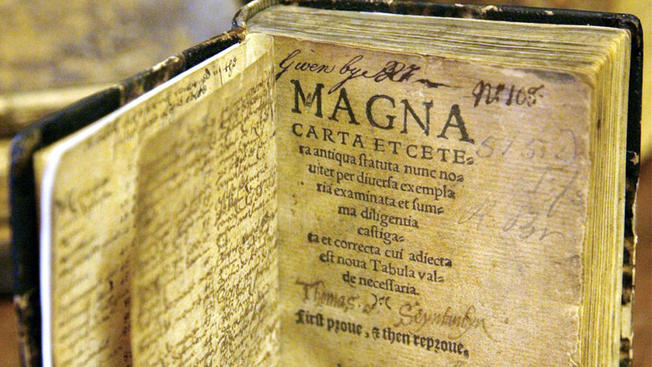
The Birth of Parliament
The very first parliamentary meeting ever took place in 1265. It was held during the reign of Henry III and was led by the nobles who has started a rebellion and wanted more control.
The meeting aimed at suggesting new laws and approving taxes and eventually, it set the precedent for the parliamentary structure we still use to this day.
The First Prime Minister
In England the power didn’t shift from the monarchy to the people overnight, and some may say the monarchy still has more power than they should have, but the first step was taken in 1721. Sir Robert Walpole became the very first Lord of the Treasury and was recognised as the country’s first Prime Minister too.
Funnily enough, his time in office was marred by rumours that he had bribed officials and royal consorts with state money to ensure he was elected, and to stay in power for several years too.

